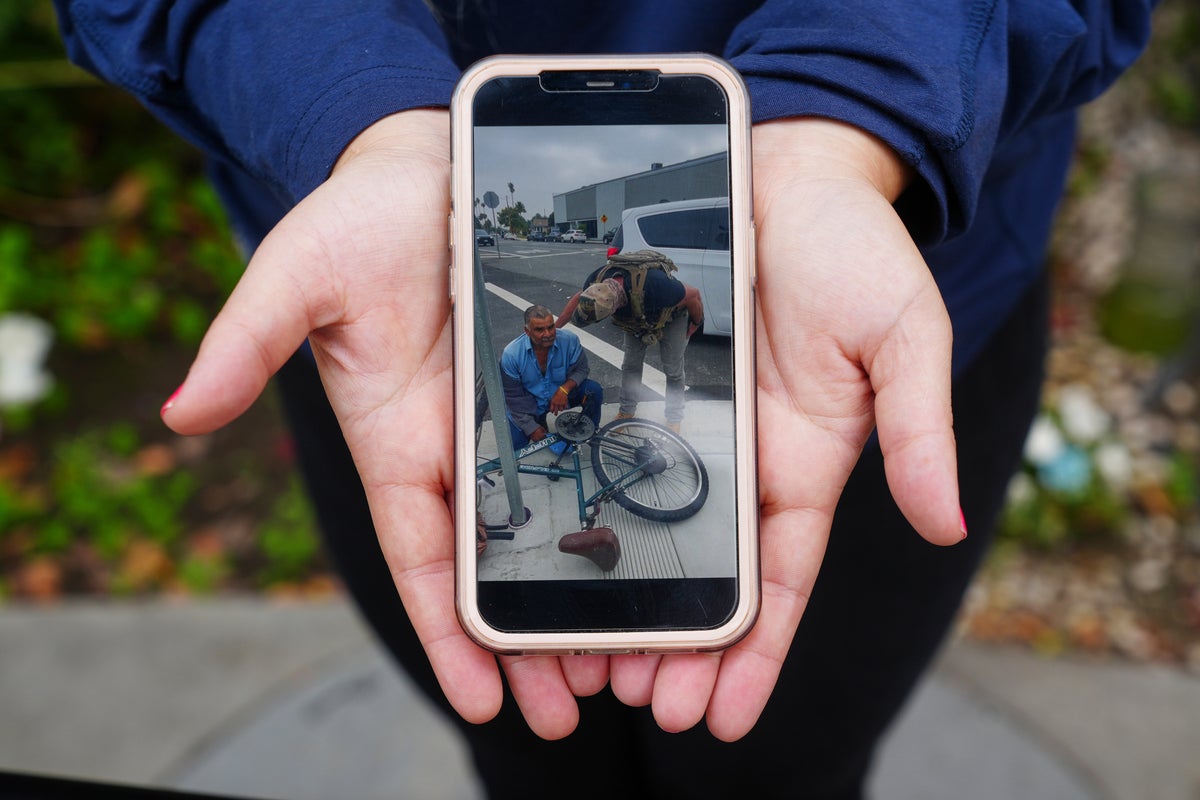Panama suspended constitutional protections, including the rights to assemble and of free movement, for five days in its northwestern Bocas del Toro province Friday after two months of protests and road blockades turned more destructive the previous night.
Presidential Minister Juan Carlos Orillac said in a news conference that the move would allow the government to reestablish order and “rescue the province” from “radical groups.”
He said the damage caused overnight was “unacceptable and did not represent a legitimate protest.”
What began as nationwide protests against changes to the social security system morphed Thursday night into people damaging the local airport and the facilities of banana giant Chiquita Brands, which fired thousands of striking workers in the province last month.
Panamanian President José Raúl Mulino had said at the time that the banana workers’ strike was illegal and included some 5,000 workers.
On May 27, the government declared a state of emergency in the province without suspending constitutional protections.
Last week, the government sent some 1,500 more police to the province with the objective clearing protest roadblocks. Security Minister Frank Abrego left open the possibility of sending more on Friday.
But actions by masked people authorities described as criminals overnight led Mulino to announce Thursday night that he would meet with his Cabinet Friday to take action. The perpetrators forced their way into the airport in Changuinola, Bocas del Toro’s main city, where they vandalized cars and started a fire in the local baseball stadium. They sacked Chiquita’s shuttered facility and destroyed a local office of the National Civil Defense Service.
Flights at the airport were still suspended Friday.
Protests, marches and occasional roadblocks have stretched from one end of the country to the other as teachers, construction workers and other unions rejected changes the government said were necessary to keep the social security system solvent.
Demonstrations have occasionally turned violent, but the forced entrance of people to the airport and banana facility overnight triggered Friday’s government reaction.
Earlier this month, Mulino brought in a Catholic archbishop and a rabbi to act as mediators with protesters.
Last week, Panama’s Congress approved a new law for the banana sector that was part of an agreement to end the strike by protecting workers’ benefits like medical assistance and labor protections under the new social security regime.
____
Follow AP’s coverage of Latin America and the Caribbean at https://apnews.com/hub/latin-america



